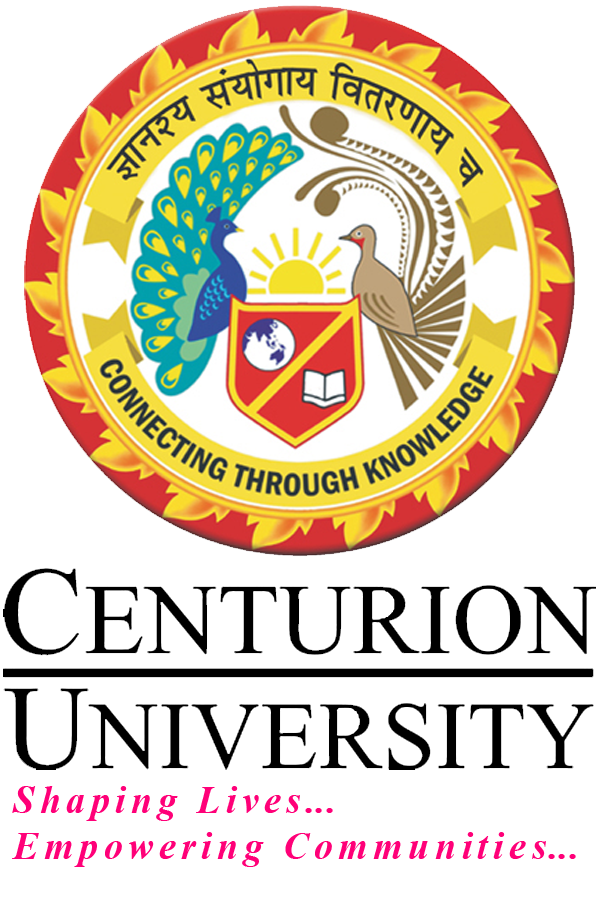PRINCIPLES OF AQUACULTURE
Course Attendees
Still no participant
Course Reviews
Still no reviews
Course Name : Principles of Aquaculture
Code(Credit) : FSAQ1101(1-1-0)
Course Objectives
- Aquaculture is the farming of aquatic organisms such as fish, crustaceans, mollusks, and aquatic plants. Aquaculture involves cultivating freshwater and saltwater populations under controlled conditions, and can be contrasted with commercial fishing, which is the harvesting of wild fish.
- Successful aquaculture takes into consideration the biology of the aquatic species such as feeding, water flow and temperature needs, and disease prevention and engineering design like water source and water quality study, pond and tank containment systems, water filtration and aeration. Common products of aquaculture are catfish, tilapia, trout, crawfish, oysters, shrimp, and salmon, and tropical fish for aquariums.
Learning Outcomes
- The Principles of Aquaculture gives outline about the basics and history of aquaculture.
- A wide range of aspects such as Systems of aquaculture, aquaculture in different types of water bodies, Principles of organic aquaculture, Pond management, study of Monoculture, polyculture and integrated culture systems, Water and soil quality in relation to fish production and estimation of productivity, factors affecting productivity of ponds, Nutrition, health management and economics were portray detailed.
- A wide range of aspects such as Systems of aquaculture, aquaculture in different types of water bodies, Principles of organic aquaculture, Pond management, study of Monoculture, polyculture and integrated culture systems, Water and soil quality in relation to fish production and estimation of productivity, factors affecting productivity of ponds, Nutrition, health management and economics were portray detailed.
Course Syllabus
Theory
Basics of aquaculture, definition and scope. History of aquaculture: Present global and national scenario. Aquaculture vs Agriculture. Systems of aquaculture - pond culture, pen culture,cage culture, running water culture and zero water exchange system,. Extensive, semi-intensive,intensive and super intensive aquaculture in different types of water bodies viz., freshwater,brackish water inland saline and marine water. Principles of organic aquaculture. Pre-stocking and post stocking pond management. Carrying capacity of pond, factors influencing carrying capacity. Criteria for selection of candidate species for aquaculture. Major candidate species for aquaculture: freshwater, brackish-water and marine. Monoculture, polyculture and integratedculture systems. Water and soil quality in relation to fish production.Physical, chemical andbiological factors affecting productivity of ponds.
Practical
Aquaculture production statistics- world and India.Aquaculture resources of world andIndia.Components of Aquaculture farms.Estimation of carrying capacity.Practices on prestockingand post stocking management. Growth studies in aquaculture system. Study on waste accumulation in aquaculture system (NH3, Organic matter, CO2). Analysis of manure.
References
1.Aquaculture principles and practices-TVR Pillay and MN Kutty
2. Encyclopedia of aquaculture- RR Stickney
3.Hand book fisheries and aquaculture- ICAR New Delhi 2006
4. Sustainable aquaculture- BB Jena and Carl D.Webster
Session 1- Unit 1 Basics of aquaculture, definition and scope
Unit 1 Aquaculture – Basics and Scope
Session 2-History of aquaculture: Present global andnational scenario. Aquaculture vs Agriculture
Unit 2 History of Aquaculture
Session 3-Systems of aquaculture - pond culture, pen culture,cage culture, running water culture and zero water exchange system.
Extensive, semi-intensive,intensive and super intensive aquaculture in different types of water bodies
viz., freshwater,brackish water inland saline and marine water
Unit 3 Different systems of Aquaculture
Session 4- Principles of organic aquaculture
Unit 4 Principles of organic aquaculture
Session 5- Site Selection and Construction of Fish Farm
Unit 5 Site selection and construction of fish farm
Session 6- Pre-Stocking Management For newly Constructed and Old Pond
Unit 6 Pre-stocking_management_practices
Session 7 Post Stocking Management For Pond,
Carrying capacity of pond, factors influencing carryingcapacity-<a
Unit 7 Post stocking management
Session 8-Criteria for selection of candidate species for aquaculture.
Major candidate species foraquaculture: freshwater, brackish-water and marine. Monoculture, polyculture and integratedculture systems.
Unit 8 Selection of candidate fish species for Aquaculture
Unit 8 Selection of candidate species for Aquaculture
Selection of candidate fish species for Aquaculture Video Link
Session 9- Water and soil quality in relation to fish production.
Unit 9 Soil and water quality parameters in aquaculture
Session 10-Physical, chemical andbiological factors affecting productivity of ponds
Unit 10 Physical, chemical and biological factors affecting productivity of ponds
>
Session 11- Fish Nutrition and Feed Management In Aquaculture
Unit 11 Fish Nutrition and Feed Management
Session 12- Fish Health Management in Culture System
Unit 12 Fish Health Management
Session 13- Economics of Aquaculture,Factors affecting the economics of aquaculture
Unit 13 Aquaculture Economics
Session 14-<a P1 Pond preparation
Case Studies
Case Studies
Our Main Teachers
Dr. K. S. Krishna Prasad is Ph.D. in fisheries working as Dean, School of Fisheries, Centurion University of Management and Technology. Earlier to this he has retired as Professor and University Head, Sri Venkateshwara Veterinary University,Tirupati. He has worked in all the major wings of university namely teaching,research and extension equally spanning over 34 years […]


Recent Comments